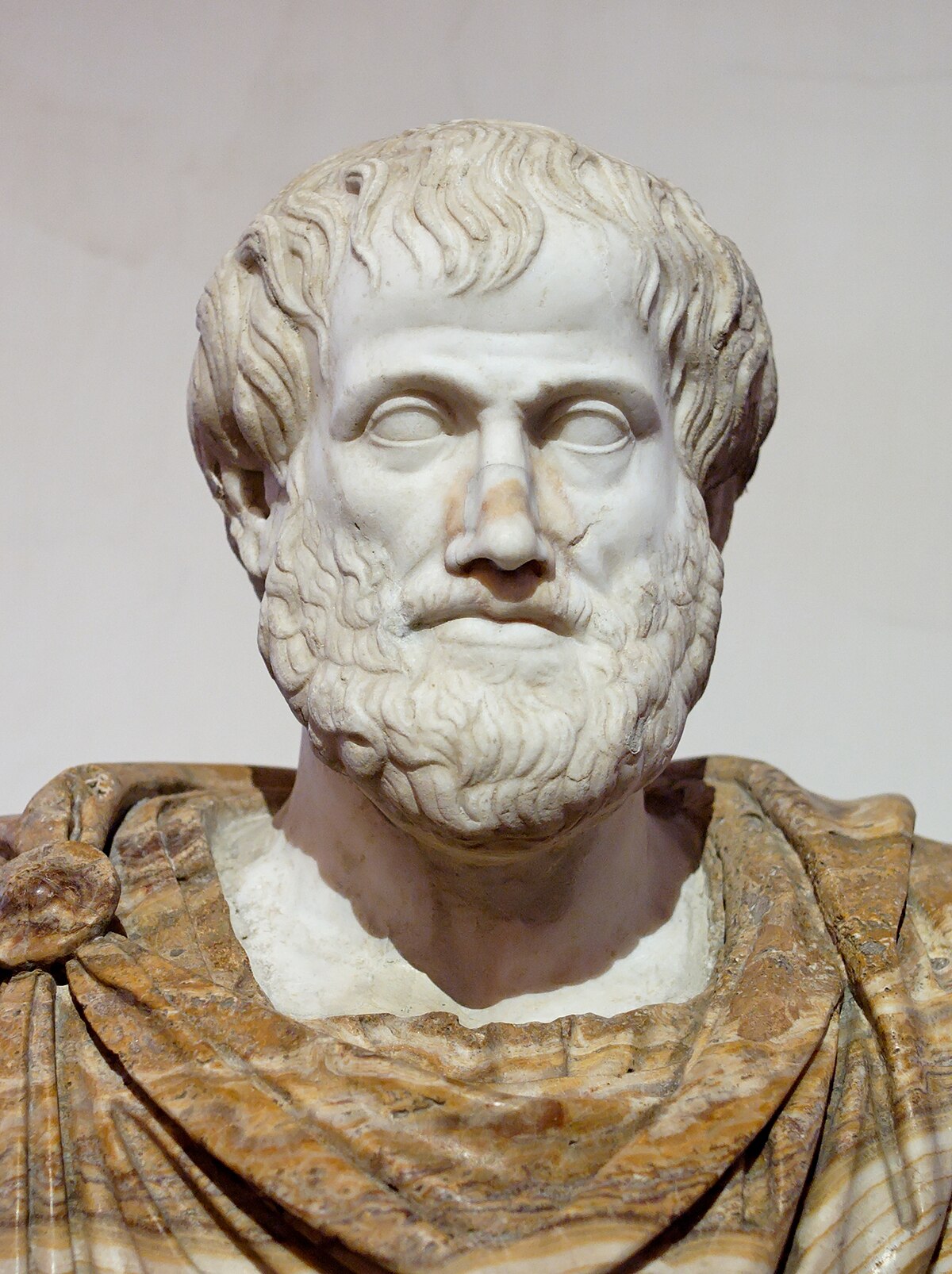understand the world only by the intellect; we apprehend it just as much by feeling.
Therefore, the judgment of the intellect is, at best,
only the half of truth, and must, if it be honest,
also come to an understanding of its
inadequacy. --Carl Jung; Psychological Types
Conclusion, p. 628
世界を理解するのは知性だけであり、感情でも同じように理解しています。
したがって、知性の判断は、せいぜい真実の半分に過ぎません。
誠実であれば、その判断は真実の半分に過ぎない。
その不十分さを理解しなければなりません。
不十分であることを理解しなければなりません。--カール・ユング:心理学的タイプ
結論、p.628
私たちは、世界を知性だけで理解しようとするのではなく、感情によっても同様に理解しています。それゆえ、知性の判断はせいぜい真実の半分にすぎず、もしそれが正直であるならば、その不十分さについても理解しなければならないのです。-カール・ユング『心理学的タイプの結論』p.628」。
A.
628ページ 結論
しかし、私たちが知性を使って理解しようと努めるものは何であれ、実際、それが快適さと利便性を追求する単なるプチオ・プリンシピイではなく、誠実な仕事であれば、逆説と相対論 に終わるだろう。 精神的プロセスに対する知的理解は、逆説と相対論 につながるに違いないということは、単に避けられないことである。なぜなら、知性は、人間の客観的イメージの構築において自然が人間に奉仕しようとしている多様な精神的機能のうちの一つにすぎないからである。 私たちは世界を知性だけで理解しているふりをすべきではありません。 私たちはそれをでも同じように理解します。 したがって、知性の判断は、せいぜい真実の半分にすぎず、正直に言えば、その判断が不十分であることも理解する必要があります。 型の存在を否定することは、型が存在するという事実に直面するとほとんど役に立ちません。 したがって、その存在を考慮すると、精神的プロセスのすべての理論は、今度は精神的プロセスとして、さらには既存の認識されたタイプの人間心理の表現として評価される必要があります。 このような典型的なプレゼンテーションからのみ、協力することでより高度な総合の可能性をもたらす資料を収集することができます。
~CG Jung、心理学的タイプ、結論、pg.628
petitio principiiペティオ・プリンシパル論点先取
前提において結論を仮定する論理的な誤り
論点先取
証明すべき命題が暗黙または明示的に前提の1つとして使われるという誤謬の一種
T
うーん…考えることと理解することは同じですか?
思考は、考えたことを理解するための認知機能にすぎません。 したがって、判断は思考の最終的な理解の一形態である可能性があり、それは私たちが判断することを意味するものではありません。 したがって、私たちは母親の考えを統合して、以前に考えたことを理解しようとします。
認知障害のある人はどうですか?
彼らも裁くのでしょうか、それとも私たちが彼らを裁くのでしょうか?
チョンさん、申し訳ありませんが、思考困難に関するこの判断や結論には同意できません 🤔
A.
T
44.50—タイプの説明…。
45.15—感覚が何かがあることを知らせます。
考えればそれが何なのかがわかります。
感情は、それが受け入れられるか拒否されるか、それが心地よいかどうかを教えてくれます。
直感…今、困難があります。 通常、直感がどのように機能するかはわかりません。 したがって、男性が予感を抱いたとき、その予感がどこから来たのか、そのイメージがどこから来たのかを正確に知ることはできません。 直感って面白いですね
47.30—つまり、私の(直感の)定義は次のとおりです。 直観とは、無意識の方法または手段による認識です。 それは私ができる限り近いです。 これは非常に重要な機能です。なぜなら、あなたが ____ の状況で生きていると、多くの予測不可能なことが起こる可能性が高く、そこでは直感が必要になるからです。なぜなら、自分の知覚や感覚では何が起こるかを予測することは不可能だからです。
~ CG ユング、「ユング・オン・フィルム (チューリッヒ、スイス、1957 年 8 月)」youtube ビデオ
A
「We should not pretend to understand the world only by the intellect; we apprehend it just as much by feeling. Therefore, the judgment of the intellect is, at best, only the half of truth, and must, if it it be honest, also come to an understanding of its inadequacy. -Carl Jung; Psychological Types Conclusion, p. 628」
A
Page 628 CONCLUSION
But whatever we strive to fathom with our intellect will end in paradox and relativity, if, indeed, it be honest work and not a mere petitio principii in the service of comfort and convenience. That intellectual apprehension of the psychic process must lead to paradox and relativity is simply unavoidable, for the reason that the intellect is only one among divers psychic functions which Nature intends to serve man in the construction of his objective images. We should not pretend to understand the world only by the intellect; we apprehend it just as much by feeling. Therefore the judgment of the intellect is, at best, only the half of truth, and must, if it be honest, also come to an understanding of its inadequacy. To deny the existence of types is of little use in face of the fact of their existence. In view of their existence, therefore, every theory of the psychic processes must submit to be valued in its turn as a psychic process, and, moreover, as the expression of an existing and recognized type of human psychology. Only from such typical presentations can the materials be gathered whose cooperation shall bring about the possibility of a higher synthesis.
~CG Jung, Psychological types, Conclusion, pg.628
T
Hmm… is thinking the same as comprehension?
Thinking is only a cognitive function which leads to make a comprehension of something we thought about. Thus, the judgment can be a form of conclusive comprehension of thoughts and it doesn’t mean we judge. Therefore, we try to understand what we thought abot earlier with consolidation of mamy thoughts.
What about those with cognitive difficulties???
Do they also judge or we judge them?
I’m sorry Mr Jung but I don’t agree with this judgment or conclusion on difficulty in thinking 🤔
A
T
44.50—types explained….
45.15—sensation tells you that there is something.
Thinking tells you what it is.
Feeling tells you whether it is agreeable or not… to be accepted or rejected.
Intuition… now there is a difficulty. You don’t know ordinarily how intuition works. So when a man has a hunch you can’t tell exactly where he got that hunch or where that image comes from. It is something funny about intuition
47.30—so, my definition (of intuition) is; intuition is a perception by ways or means of the unconscious. That is as near as I can get. It is a very important function because when you live on the ____ of conditions a lot of unpredictable things are likely to happen and there you need your intuition because you cannot possibly tell by your perceptions, by your sense perceptions what there is going to happen
~CG Jung, “Jung on Film (Zurich, Switzerland, August 1957)” youtube vid
論点先取
petitio principii(ペティティオ プリンシピイ)はラテン語で、論理学において「前提において結論を仮定する論理的な誤り」を意味します。日本語では「論点先取」や「先決問題要求の虚偽」とも訳され、証明すべき命題が暗黙または明示的に前提の1つとして使われるという誤謬の一種です。
形式的には間違っていませんが、結論が前提の一部となっているため、全体として真であるとは言えません。たとえば「日本の猫はかわいい」と証明したいときに、次のような文章は論点先取に当てはまります。
- かわいくない猫は存在しないと仮定する
- 猫は日本に生息している
- したがって、日本の猫はかわいい
論点先取は循環論法の誤謬と関連しており、古代ギリシアの哲学者アリストテレスが紀元前350年ごろに行った西洋での最初の定義が知られています。


